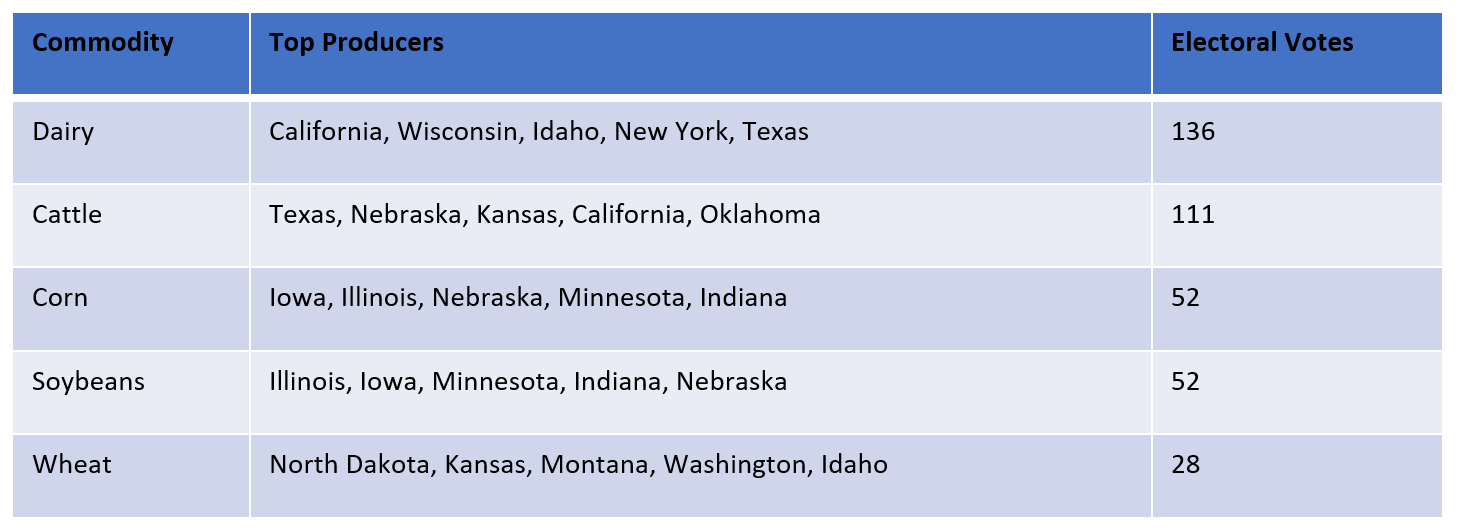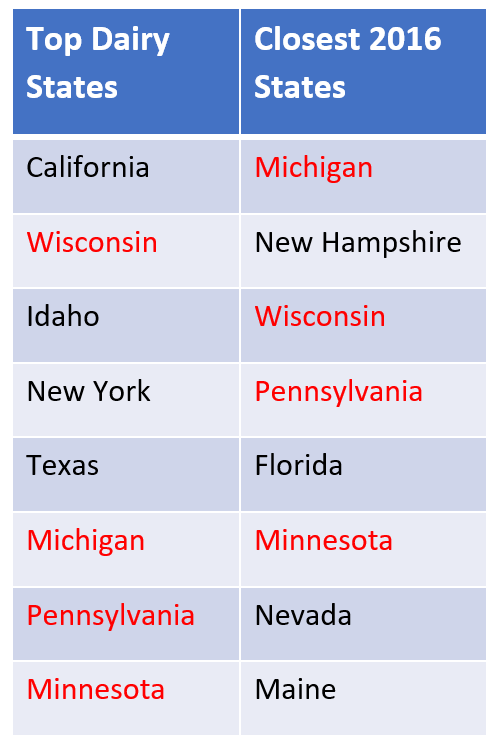Congress needs to pass the DAIRY PRIDE Act soon to ensure FDA does its job by making sure consumers have accurate information for informed decisions about what to feed themselves and their families, National Milk Producers Federation Executive Vice President Tom Balmer told a congressional subcommittee in a Jan. 29 hearing.
Allowing non-dairy products to use dairy terms to promote goods with wildly different nutritional values has undermined public health and directly flouts the FDA’s own rules, Balmer said at a hearing on “Improving Safety and Transparency in America’s Food and Drugs” before the House Energy & Commerce Committee’s Subcommittee on Health. Proper labeling benefits consumers by drawing clear distinctions among products, encouraging better-informed choices, he said.
“Plant-based industrial food processors typically go to great lengths to try to replicate real milk by grinding seeds, nuts or grains into a powder, adding water, whiteners, sweeteners, stabilizers and emulsifiers, possibly blending in some vitamins and minerals, and then marketing the resulting concoction using dairy terms,” Balmer said. “By calling these products ‘milk’ they are clearly seeking to trade on the health halo of real milk. Yet these imitators engage in misleading marketing because their products don’t have the same consistent nutritional offerings as real milk.”
Federal regulations clearly state that a product labeled as “milk” comes from a cow or certain other lactating animals, and that other dairy products are likewise made from animal milk. FDA has not been enforcing these regulations.
The DAIRY PRIDE Act, introduced by Representatives Peter Welch (D-VT) and Mike Simpson (R-ID) in the House and Senators Tammy Baldwin (D-WI) and Jim Risch (R-ID) in the Senate, would designate foods that make an inaccurate claim about milk contents as “misbranded” and subject to enforcement of labeling rules. It would require FDA to issue guidance for nationwide enforcement of mislabeled imitation dairy products within 90 days of its passage and require FDA to report to Congress two years after enactment to hold the agency accountable in its enforcement.
The legislation would force FDA to act against plant-based imitators of milk, cheese, butter and other products that flout FDA rules.
Newly confirmed FDA Commissioner Stephen Hahn has voiced his support for “clear, transparent, and understandable labeling for the American people.” Still, given the agency’s inability to follow up on earlier pledges to act, NMPF is calling for DAIRY PRIDE’s passage as a vehicle to require FDA action.








